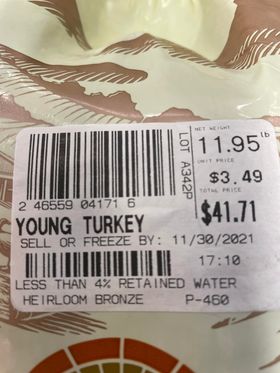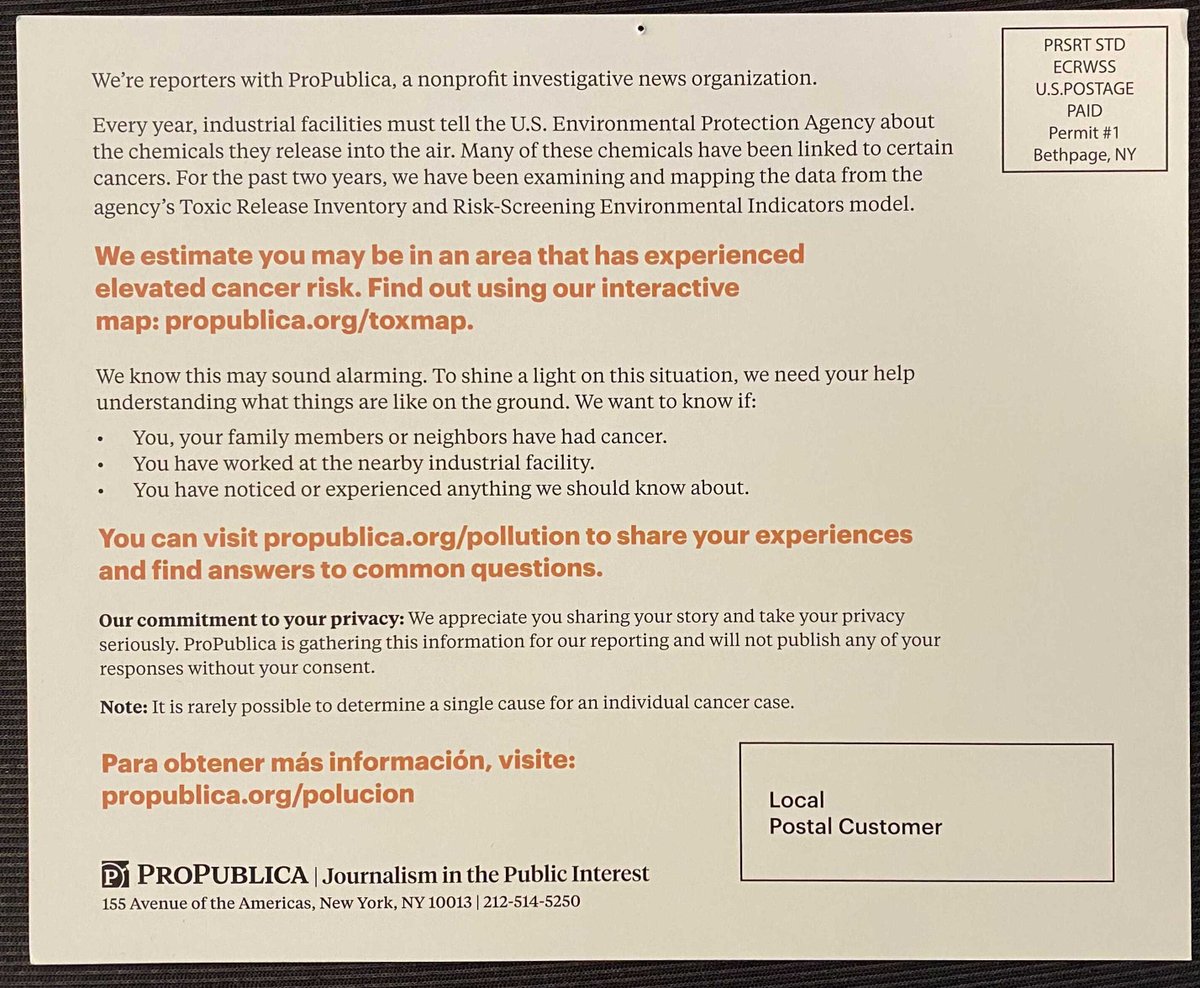
This is a story about some billionaires who each had their horses selected to run in the 2021 Kentucky Derby.
None of them won, but their pricey racing operations had already delivered a bigger prize: Hundreds of millions in tax write-offs. 🧵👉
propublica.org/article/when-y…
None of them won, but their pricey racing operations had already delivered a bigger prize: Hundreds of millions in tax write-offs. 🧵👉
propublica.org/article/when-y…
2/ King Fury, former Reebok CEO Paul Fireman's million-dollar horse, didn't even make it to the gate that day, scratched before the Derby because of a fever. But Fireman had already counted $9.3M in losses from his horse-racing operation against his income over a few years. 

3/ Billionaire Campbell Soup heiress Charlotte Weber saw her appropriately named horse Soup and Sandwich break well from the outside before faltering with a breathing issue and finishing last. That's okay. She'd claimed $173M in losses for her racing business over 21 years.
4/ Brad Kelley made his money selling his tobacco company two decades ago and is worth $2.7B. His horse Bourbonic finished 13th. The disappointing result could probably be soothed by the $189M in losses he'd claim over the course of 16 years.
5/ Hedge fund manager Seth Klarman, worth $1.5 billion, entered a horse named Highly Motivated that would place 10th, far from earning a share of the purse. Luckily for Klarman, he could claim the racing operation's losses of $138 million over 19 years.
6/ All Americans are entitled to life, liberty and the pursuit of happiness.
But the happiness of the wealthy can come with an added bonus:
It’s subsidized by taxpayers.
But the happiness of the wealthy can come with an added bonus:
It’s subsidized by taxpayers.

7/ Billionaires can not only deduct the costs of buying, owning and training thoroughbred horses, but they can treat all manner of pastimes and side pursuits as businesses, and then tap those businesses as an extra source of deductions.
8/ For example, Fireman didn't count just his money-losing racing operation against his income. He also claimed $22M in losses on a Nevada ranch, along with other real estate development losses.
9/ In all, the sneaker billionaire was able to use these losses to entirely offset $360M in income from 2008-2017, allowing him to pay nothing in federal income taxes for 8 of those years. 

10/ By contrast, if you’re a middle-class person with a passion for thoroughbreds and you attend the Kentucky Derby, neither the money you spend on your ticket to sit in the grandstand nor, say, the $20 you blow in bets would help you lower the taxes you owe on your wages.
11/ Kelly and Weber did not respond to requests seeking comment. Fireman and Klarman (who has donated to ProPublica in the past) declined to comment for this story.
propublica.org/article/when-y…
propublica.org/article/when-y…
12/ Under the hobby loss rule, a pursuit is defined as either a hobby OR a for-profit endeavor.
BUT
To qualify as a bona fide business, an activity NEEDN'T ACTUALLY TURN A PROFIT.
ecfr.gov/current/title-…
BUT
To qualify as a bona fide business, an activity NEEDN'T ACTUALLY TURN A PROFIT.
ecfr.gov/current/title-…
13/ It's up to the individual taxpayer to determine for themselves whether something qualifies as a hobby. Only if an audit is performed does the IRS question that decision.
14/ If an activity turns a profit in 3 of 5 years, the IRS must presume it’s a genuine business and bears the burden of proving otherwise.
15/ The standard is more lenient for those involved in the very activity that spurred authorities to crack down in the first place:
Horse racing.
There, showing profit in just two of seven years is enough to shift the burden of proof.
Horse racing.
There, showing profit in just two of seven years is enough to shift the burden of proof.
16/ For the ultrawealthy, it’s easier to clear the IRS’ hurdles. Tax professionals advise clients that they can be bold in taking losses, as long as they take some careful steps...
17/ The business should generate SOME revenue & the books should be kept by professionals.
In horse racing, a whole system of consultants, trainers & jockeys are ready to turn a hobby into a professional venture for the ultrawealthy. The occasional race purses provide revenue.
In horse racing, a whole system of consultants, trainers & jockeys are ready to turn a hobby into a professional venture for the ultrawealthy. The occasional race purses provide revenue.
18/ ProPublica found plenty of examples of billionaires who appear undaunted by the hobby loss rule.
The tax records of both tobacco billionaire Kelley & soup heiress Weber show losses for at least 16 straight years, with their horse racing entities never once turning a profit.
The tax records of both tobacco billionaire Kelley & soup heiress Weber show losses for at least 16 straight years, with their horse racing entities never once turning a profit.
19/ Read the full story from @paulkiel @JeffErnsthausen @eisingerj here:
propublica.org/article/when-y…
propublica.org/article/when-y…
20/ Be sure to check out the first part of this trilogy of losses (and big gains) here:
propublica.org/article/these-…
propublica.org/article/these-…
22/ These reports are all part of the ongoing Secret IRS Files project, available here:
propublica.org/series/the-sec…
propublica.org/series/the-sec…
23/ Sign up below to be notified when the next Secret IRS Files story publishes.
OR
Text “IRS” to 917-746-1447 to get the next story texted to you.
propublica.org/newsletters/th…
OR
Text “IRS” to 917-746-1447 to get the next story texted to you.
propublica.org/newsletters/th…
• • •
Missing some Tweet in this thread? You can try to
force a refresh



















